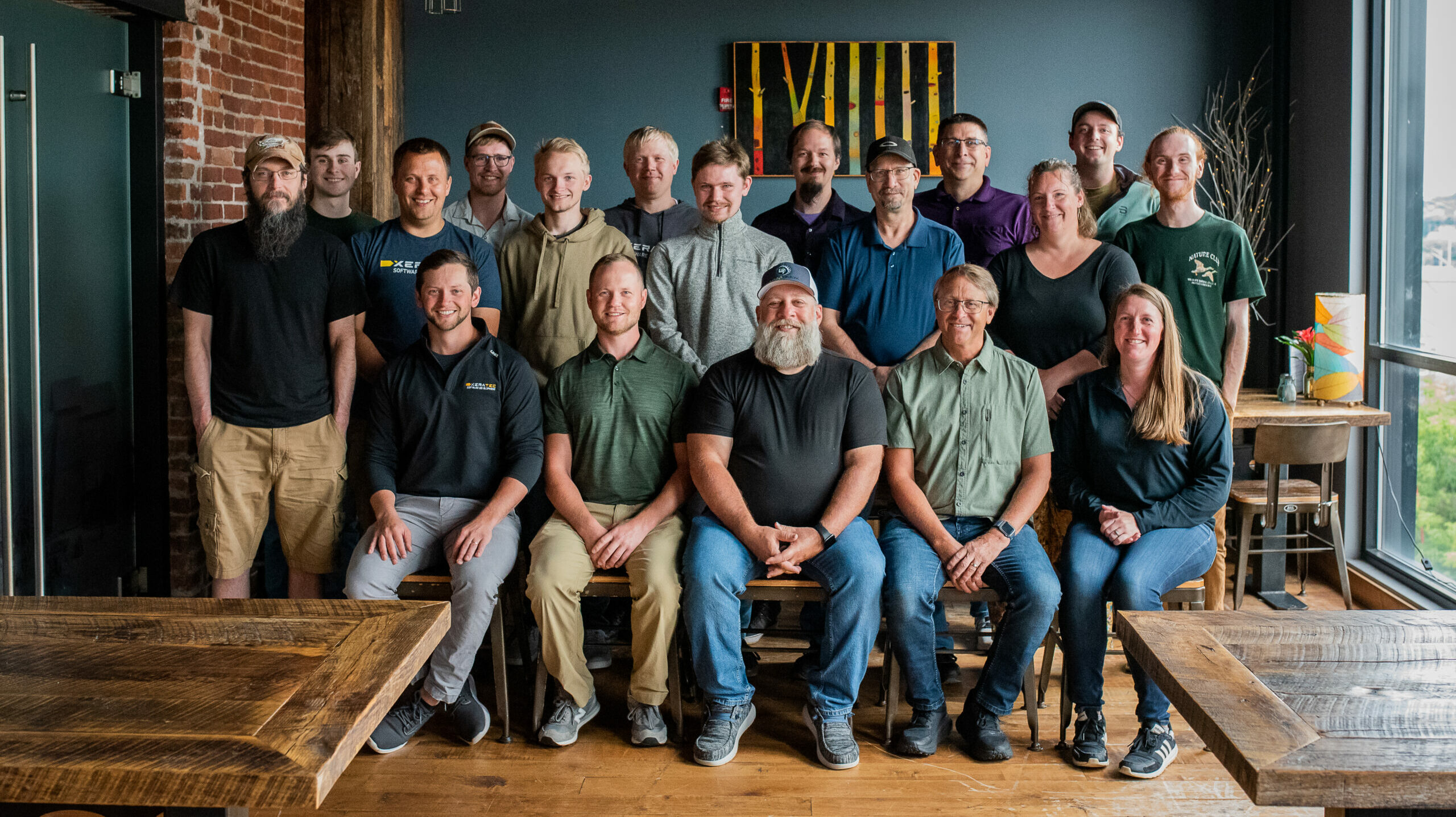The construction industry faces its fair share of challenges, from tight project timelines and budget overruns to workforce shortages and supply chain disruptions. These obstacles can often seem unpredictable and overwhelming. However, by adopting the right strategies and leveraging innovative solutions, construction companies can overcome these barriers, leading to smoother project execution, better financial outcomes, and higher client satisfaction. Here are seven key strategies for overcoming common construction industry obstacles:
1. Adopt Construction Technology and Software Solutions
One of the most effective strategies for overcoming construction challenges is to embrace construction software. Managing multiple moving parts in a construction project can be daunting, but using software tools for scheduling, budgeting, resource allocation, and communication can streamline the process.
Cloud-based platforms ensure that every team member—whether a project manager, subcontractor, or field worker—has access to real-time data, reducing miscommunication and project delays. Automation, data analytics, and predictive insights allow teams to anticipate issues before they arise, offering opportunities for proactive problem-solving.
By investing in construction technology, companies can drastically improve project efficiency and reduce costly mistakes.
2. Improve Workforce Management and Training
The shortage of skilled labor is a persistent issue in the construction industry, compounded by an aging workforce and challenges in attracting younger talent. One of the most effective solutions is to invest in workforce training and development programs. Offering apprenticeships, partnering with vocational schools, or providing on-the-job training ensures a steady pipeline of skilled workers for the future.
Additionally, adopting labor management software can optimize scheduling, track productivity, and enhance workforce utilization, reducing downtime and ensuring your team operates at its highest potential.
3. Enhance Safety Protocols and Compliance
Workplace safety is a major concern in the construction industry. Accidents can result in significant delays, legal issues, and increased project costs. Strict safety protocols and the use of safety software tools can significantly reduce these risks.
Regular safety training, daily safety briefings, and the use of wearable safety technology—such as smart helmets and smart vests—help ensure worker health and safety. These technologies can even alert supervisors in case of unsafe conditions, further minimizing the risk of injury.
By investing in safety management software and improving compliance tracking, construction companies can create a safer work environment, reduce accident rates, and improve project timelines.
4. Focus on Effective Communication Across Teams
Clear and consistent communication is essential for keeping construction projects on track. Miscommunication among stakeholders—contractors, subcontractors, clients, and suppliers—can cause errors, delays, and project setbacks.
Digital communication platforms and construction management software offer real-time updates, project tracking, and collaborative tools that ensure everyone is on the same page. By consolidating communication and documentation in a single platform, construction teams can reduce the risk of important information being lost or misunderstood.
5. Implement Sustainable Practices in Construction
With the growing push for sustainability in the construction industry, adopting eco-friendly practices is no longer optional—it’s a necessity. Implementing green building materials, energy-efficient designs, and waste reduction strategies not only helps companies meet environmental standards but also aligns with client demands for sustainable projects.
Sustainable practices can result in long-term cost savings, including reduced energy consumption, lower operational costs, and a smaller environmental footprint. Moreover, these eco-friendly practices can help improve a company’s reputation and marketability.
6. Manage Budget and Financial Risks Effectively
Cost overruns are a common issue in construction due to scope creep, unforeseen changes, or poor financial planning. To mitigate this, construction companies must prioritize detailed financial projections, accurate cost estimations, and contingency plans.
Using construction software for budgeting and expense tracking helps managers monitor costs in real-time, enabling them to identify discrepancies and correct issues early. Financial audits and transparent communication with clients also help maintain financial integrity and keep projects within budget.
7. Strengthen Supply Chain Management and Logistics
Supply chain disruptions—from delayed materials to price fluctuations—can significantly impact construction projects. To overcome this challenge, construction companies should establish strong relationships with reliable suppliers and explore alternative sources for critical materials.
Implementing inventory management systems and demand forecasting helps mitigate delays by ensuring materials are available when needed. By ordering materials in bulk or well in advance, companies can also offset potential price hikes or supply shortages, keeping projects on schedule and within budget.
Conclusion: Overcoming Construction Industry Challenges with the Right Strategies
In conclusion, overcoming common obstacles in the construction industry requires a combination of innovative solutions and strategic planning. By adopting construction software, improving workforce management, enhancing safety protocols, prioritizing communication, implementing sustainable practices, managing financial risks, and strengthening supply chain management, construction companies can effectively tackle these challenges.
As the industry continues to evolve, those who adapt to new solutions and stay ahead of potential issues will be best positioned for success in a highly competitive market. Embracing technology and refining operational processes will help companies achieve better project outcomes, improve client satisfaction, and maintain a competitive edge.
Want to learn how custom software solutions can help your business overcome these construction industry challenges? Schedule a call today to discuss how we can support your goals.





